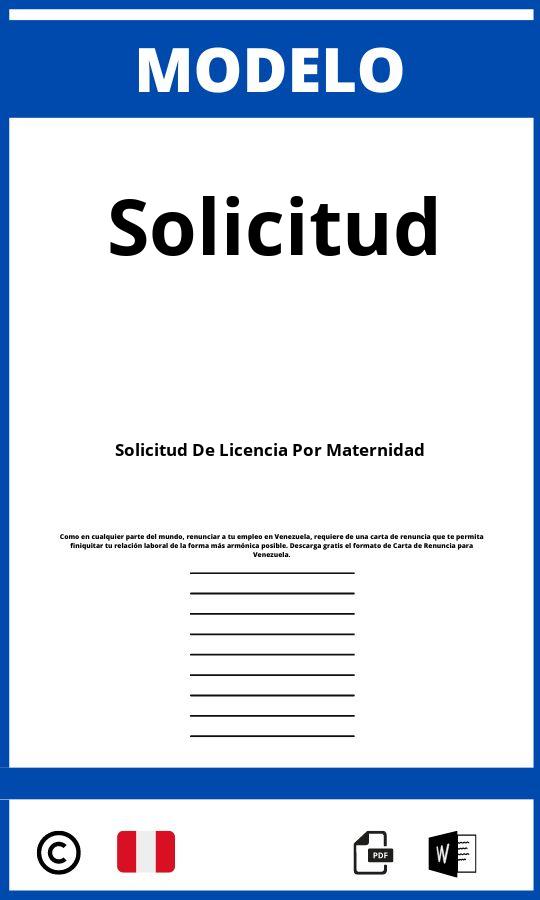Simplifying Banking Regulation: The ECB's New Task Force

Table of Contents
The Current State of Banking Regulation
The current regulatory landscape for banks within the Eurozone is characterized by a multitude of overlapping and often contradictory rules stemming from various sources – European Union directives, national laws, and ECB guidelines. This complexity creates significant challenges for banks of all sizes. The sheer volume of regulations necessitates extensive compliance procedures, leading to:
- High compliance costs: The cost of adhering to complex regulations, including legal fees, consulting services, and internal resources, significantly impacts profitability.
- Increased operational burden: Banks face substantial administrative burdens related to data collection, reporting, and internal control mechanisms to ensure regulatory compliance.
- Difficulties in innovation: The intricate regulatory framework can stifle innovation as banks hesitate to launch new products or services due to the uncertainty and potential compliance obstacles.
- Potential for inconsistencies across jurisdictions: Variations in the interpretation and implementation of regulations across different Eurozone countries can lead to inconsistencies and create competitive imbalances. This necessitates banks adopting a patchwork approach to compliance.
The ECB's New Task Force: Objectives and Mandate
The ECB's newly formed task force aims to address the challenges stemming from overly complex banking regulations. Its primary mandate is to streamline and simplify the regulatory framework, ultimately fostering a more efficient and competitive banking sector. The key objectives include:
- Streamlining regulatory processes: The task force will focus on simplifying procedures and reducing bureaucratic hurdles involved in regulatory compliance.
- Reducing compliance burdens: The ultimate goal is to minimize the administrative and financial burdens associated with meeting regulatory requirements.
- Improving clarity and consistency: The task force aims to clarify ambiguities and ensure consistency in the application of regulations across the Eurozone.
- Promoting innovation in the banking sector: By simplifying regulations, the task force hopes to create an environment that encourages innovation and supports the development of new financial products and services.
Key Strategies for Simplifying Banking Regulation
To achieve its objectives, the task force is likely to employ several key strategies, including:
- Consolidation of existing regulations: Identifying and merging overlapping or redundant regulations to create a more concise and coherent framework. This includes a potential review of existing Directives and Regulations to identify areas ripe for simplification.
- Improved communication and guidance to banks: Providing clearer and more accessible guidance to banks on regulatory requirements, reducing ambiguity and minimizing the potential for misinterpretations. This may involve updated FAQs, training programs and clearer documentation.
- Digitalization of regulatory processes: Leveraging technology to automate and streamline regulatory reporting and compliance processes. This includes exploring the use of APIs and other digital tools to improve communication and information exchange between banks and regulatory bodies.
- Collaboration with other regulatory bodies: Working closely with other relevant regulatory bodies at both the national and European levels to ensure a coordinated and consistent approach to regulatory simplification. This collaborative effort will be crucial to the success of the overall initiative.
Potential Impact on Banks and the Eurozone Economy
The successful simplification of banking regulation promises significant benefits for banks and the Eurozone economy as a whole:
- Reduced compliance costs for banks: Lower compliance costs will free up resources that can be reinvested in core business activities, boosting profitability and supporting economic growth.
- Increased efficiency and competitiveness: Simplified regulations will enhance operational efficiency and allow banks to compete more effectively both domestically and internationally.
- Stimulation of lending and investment: Reduced regulatory burdens can encourage banks to increase lending and investment activities, stimulating economic growth and job creation.
- Enhanced financial stability: A clearer and more consistent regulatory framework can contribute to greater stability and resilience within the Eurozone financial system.
Challenges and Potential Obstacles
Despite the significant potential benefits, the task force will undoubtedly encounter challenges in its efforts to simplify banking regulation:
- Resistance from stakeholders: Changes to established regulations may encounter resistance from various stakeholders, including banks themselves, national authorities, and other interested parties.
- Complexity of existing legal frameworks: The sheer complexity and interconnectedness of existing legal frameworks will require careful consideration and a phased approach to simplification.
- Need for international coordination: Effective simplification requires coordination with international regulatory bodies to ensure consistency and avoid unintended consequences.
- Ensuring effective supervision despite simplification: Simplifying regulations should not compromise the effectiveness of supervisory oversight; a balance must be struck between efficiency and effective risk management.
Conclusion
The ECB's new task force represents a significant step towards improving the regulatory environment for banks in the Eurozone. The primary focus on simplifying banking regulation promises to deliver substantial benefits: reduced costs for banks, increased efficiency, and greater stability within the financial system. This will ultimately contribute to stronger economic growth and increased competitiveness across the Eurozone. To stay informed about the progress of this crucial initiative and the ongoing efforts towards simplifying banking regulation, regularly check the ECB's website for updates and publications. The simplification of banking regulations is a crucial step towards a healthier and more robust Eurozone economy.

Featured Posts
-
 The Dax Index How Bundestag Elections And Business Data Shape Market Trends
Apr 27, 2025
The Dax Index How Bundestag Elections And Business Data Shape Market Trends
Apr 27, 2025 -
 Eqs Pvr Pne Ag Veroeffentlicht Ergebnismeldung Gemaess Artikel 40 Absatz 1 Wp Hg
Apr 27, 2025
Eqs Pvr Pne Ag Veroeffentlicht Ergebnismeldung Gemaess Artikel 40 Absatz 1 Wp Hg
Apr 27, 2025 -
 Power Finance Corporation Pfc Dividend Update 4th Cash Reward For Fy 25
Apr 27, 2025
Power Finance Corporation Pfc Dividend Update 4th Cash Reward For Fy 25
Apr 27, 2025 -
 Wta Lidera Un Ano De Pago Por Licencia De Maternidad Para Tenistas
Apr 27, 2025
Wta Lidera Un Ano De Pago Por Licencia De Maternidad Para Tenistas
Apr 27, 2025 -
 Pago De Licencia De Maternidad Para Jugadoras Wta Un Hito En El Deporte Femenino
Apr 27, 2025
Pago De Licencia De Maternidad Para Jugadoras Wta Un Hito En El Deporte Femenino
Apr 27, 2025
